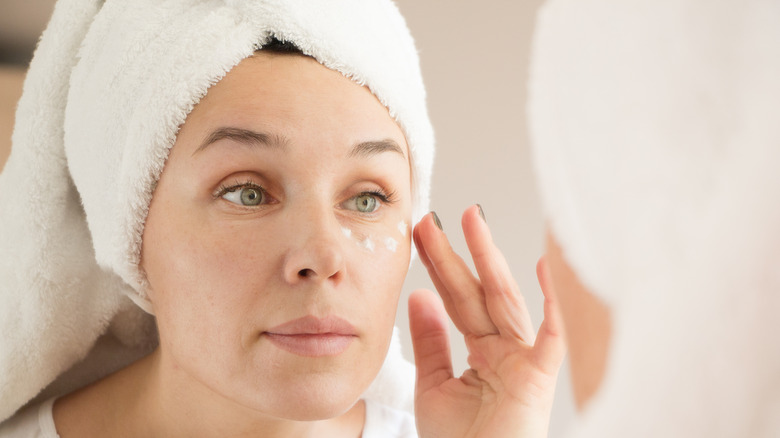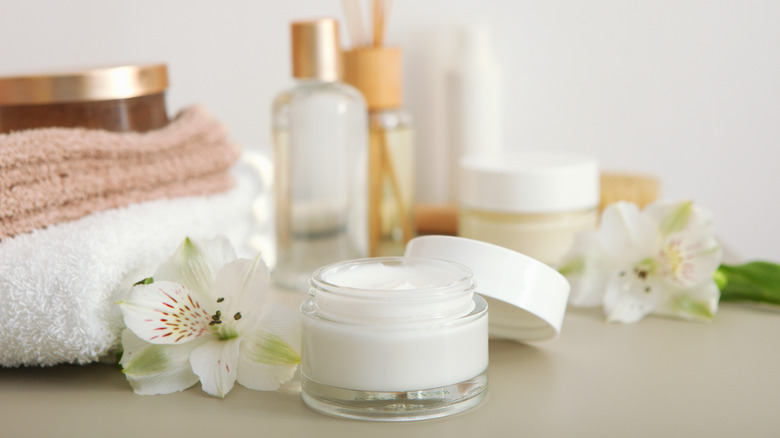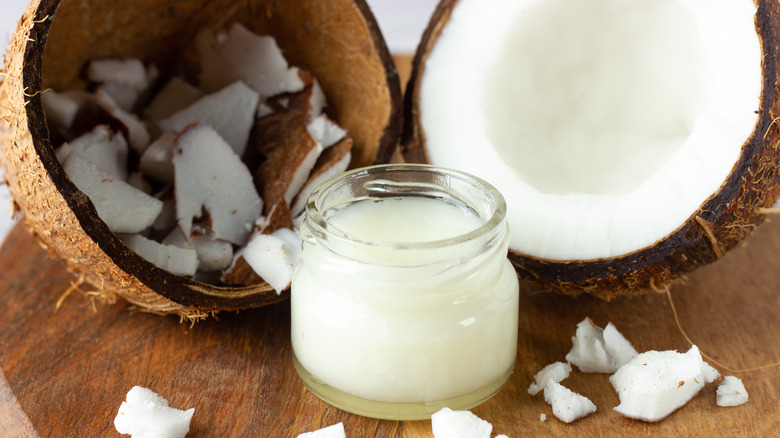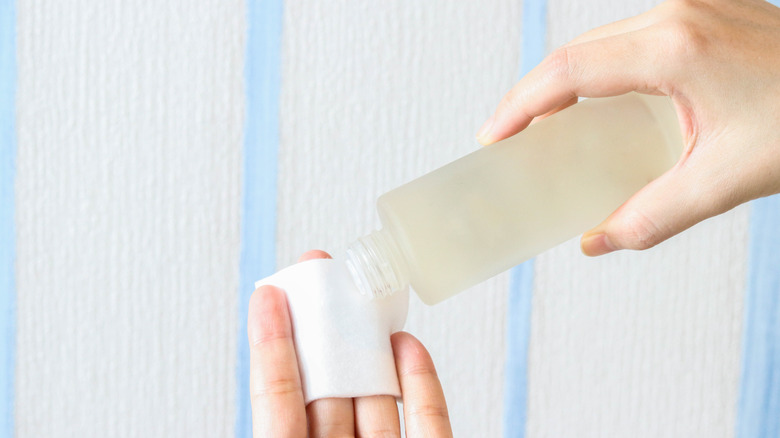Alcohol-based products, for example, increase sebum production and affect your skin’s protective barrier.
Some individuals are born with oily skin, while others develop this problem as they get older.
Stress, hormonal fluctuations, and humidity only make things worse.What you eatmatters, too.

Excess sebum can clog your pores and cause pimples.
As a general rule, steer clear of harsh cleaners and heavy moisturizers.
These compounds have a greasy texture and hold water in the skin (viaHarvard Medical School).

But if your skin is already oily, using occlusives can do more harm than good.
Hyaluronic acid, glycerin, and alpha-hydroxy acids are all excellent humectants.
Note that some ingredients have both occlusive and emollient effects.

A good example is dimethicone, asilicone-based agentthat locks in moisture and may relieve irritated skin.
When applied topically, it may also speed up wound healing and prevent acne scars, explainsHealthline.
The downside is that it’s highly comedogenic, meaning that it can lead to clogged pores and blackheads.

For this reason, it’s not recommended for those with acne or oily skin.
These are some of the skincare ingredients you should avoid if you have oily skin.
However, this doesn’t mean you should avoid all skincare products that containolive oil.
The alcohols in skincare products act as solvents and preservatives.
Manufacturers typically use isopropyl alcohol, denatured alcohol, SD Alcohol 40, ethyl alcohol, or cetyl alcohol.
Dr. Zambella suggests using products with ethyl alcohol if you have oily skin.
However, this compound may irritate and dry out sensitive skin.
Note that any pop in of alcohol can affect your skin when used in excess.
Melissa Piliang, M.D.
told SELF that solvent alcohols can damage your skin’s lipid barrier, leaving it prone to irritation.
Moisturizing fatty alcohols, such as cetyl or stearyl alcohol, may trigger allergic reactions and clog your pores.
Rubbing alcohol isn’t better either, saysVerywell Health.
When applied topically, it can strip the skin of its natural oils and cause dehydration.
As a result, your body’s sebaceous glands will produce more sebum to replace the lost oil.
This may lead to pimples and greasy skin.
Many of these chemicals are comedogenic and may cause clogged pores.